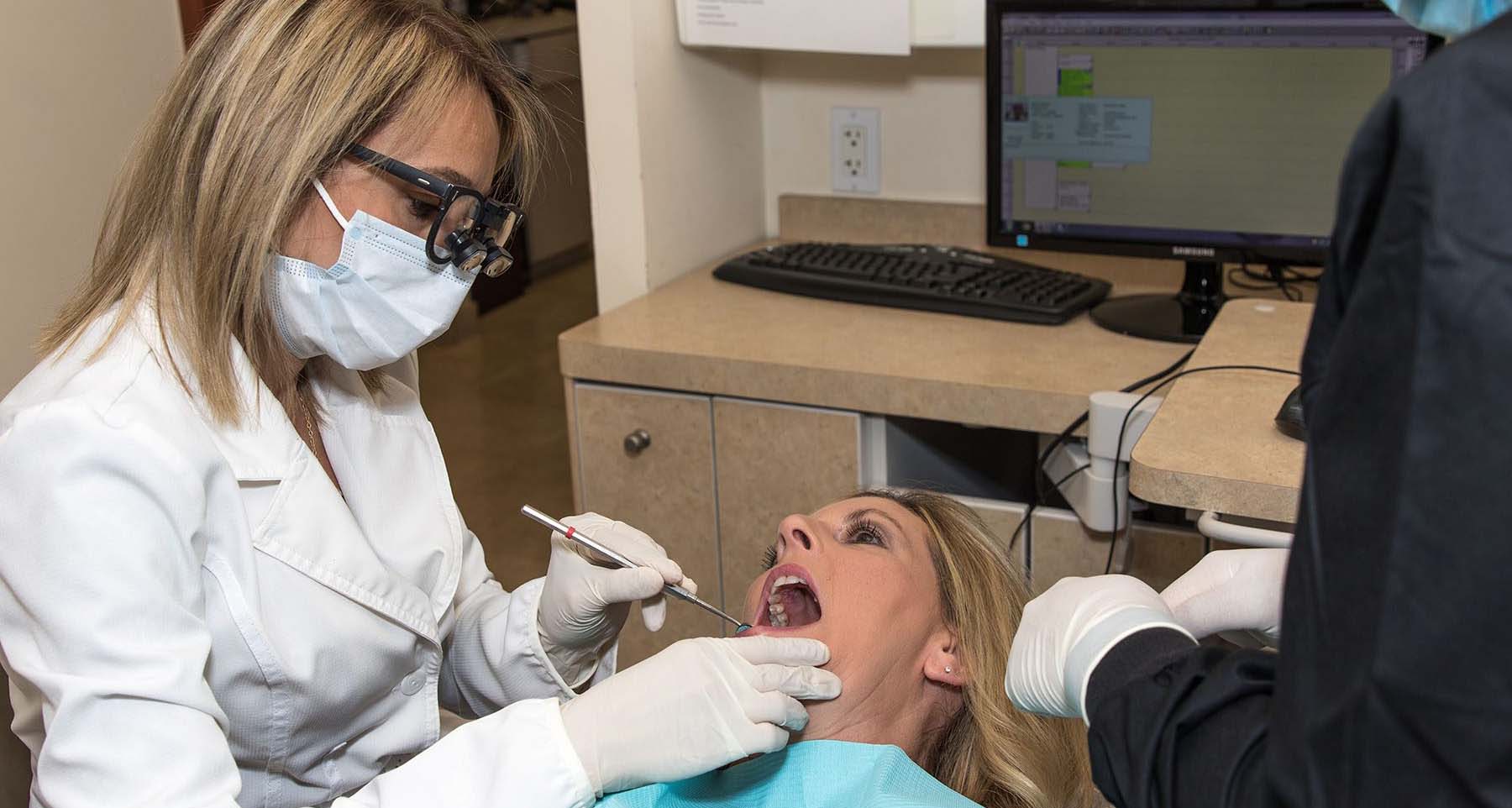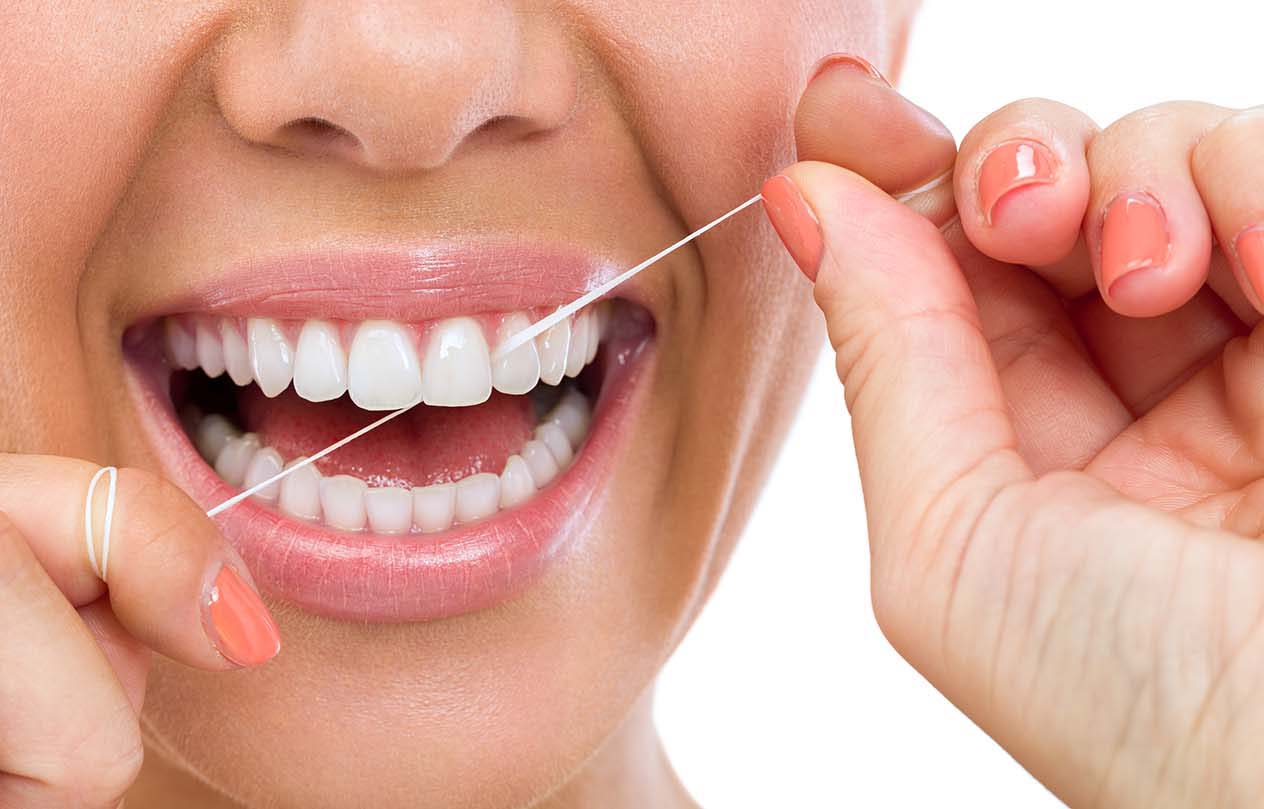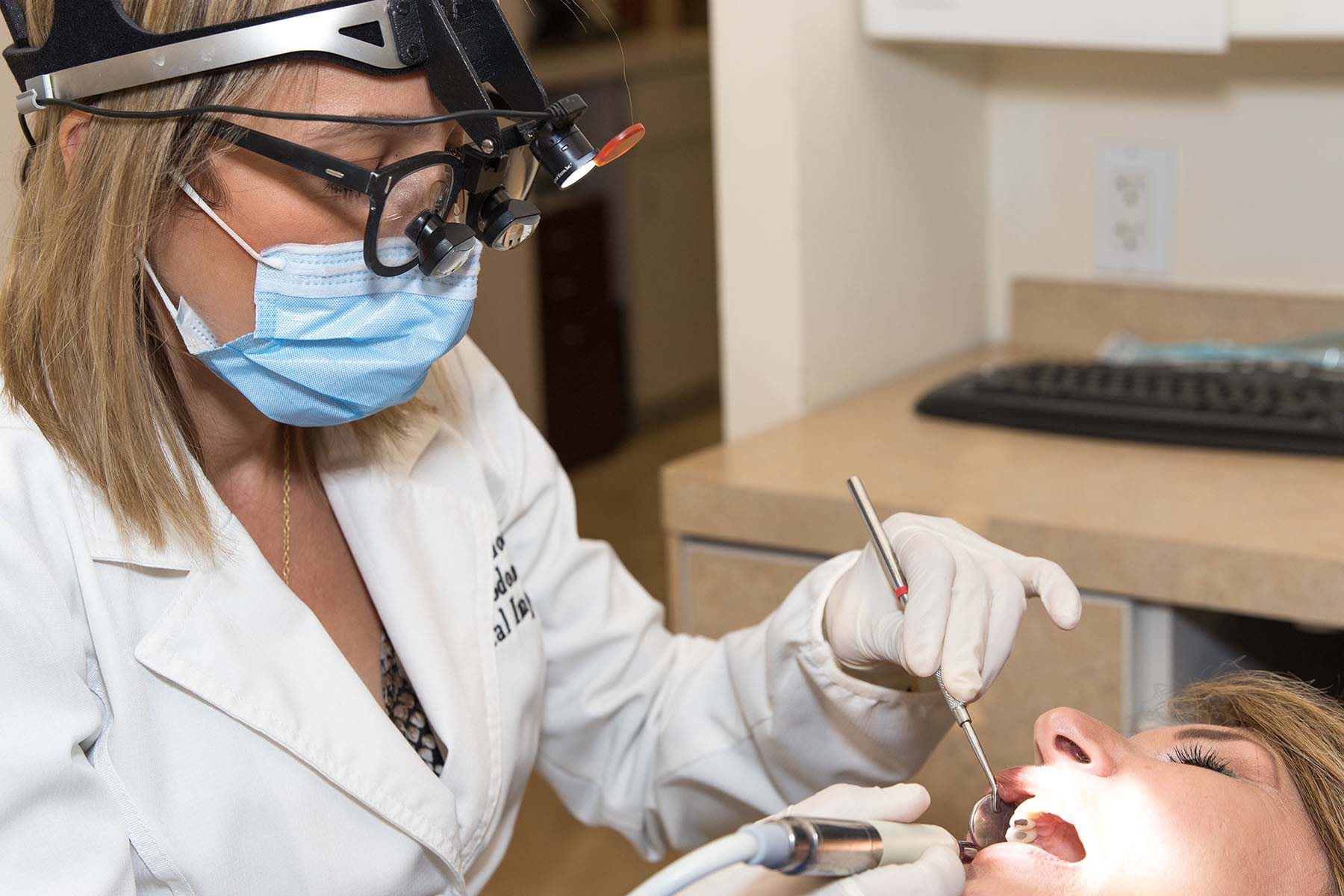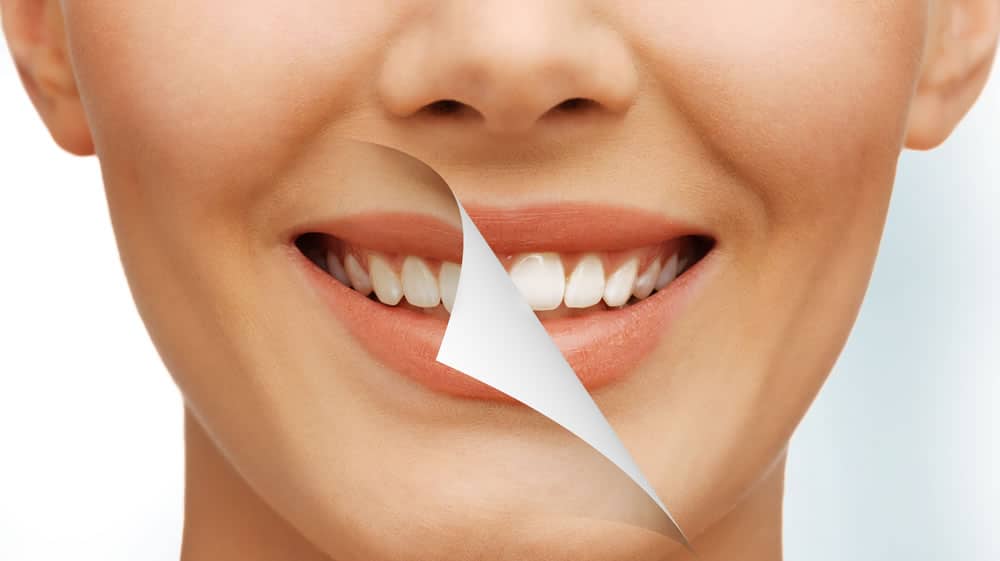When you must think about your dental health, you probably have a variety of unanswered questions that cause you anxiety. At Southland Dental Care, we want to ease your mind.
We offer a complimentary dental consultation for those living in Los Angeles and the surrounding areas. We also have provided this list of frequently asked questions about dental health to ensure you are well informed.
Is there a connection between heart and gum disease?
When a person experiences gum disease, he or she has an overgrowth of bacteria in the tissues of the gums. Atherosclerosis is a hardening of the arteries which can lead to heart disease. Some professionals believe that bacteria from gum disease can contribute to atherosclerosis. Brushing and flossing help prevent gum disease.
Should I buy the most expensive toothbrush and toothpaste?
When purchasing a toothbrush, you should choose a brush with soft bristles because medium and firm bristles can cause damage to your teeth and gums. You should use soft pressure for approximately two minutes, two times a day.
The bristles on a manual brush should have a mix of bristle heights or angled bristles instead of flat, even bristles. When you purchase this type of manual brush, it is just as effective as a powered brush. Both manual and powered toothbrushes must be replaced every three to four months.
With these items in mind, you can choose whichever toothbrush fits your preferences. Toothpaste is designed to clean bacteria and acids from your teeth. The best toothpaste is one with the American Dental Association seal because it includes fluoride.
Can food weaken teeth or make them prone to decay?
Sugary or starchy foods leave a residue that bacteria love to feed upon. These bacteria will produce acids that eat away tooth enamel. If you choose to eat sugary or starchy foods, you should brush right after consumption. If you are unable to brush, you can always rinse with water to help loosen debris and neutralize the acid from the bacteria.
Sugarless gum can increase saliva, which shows antibacterial properties. If you are a soda drinker, another piece of advice is to drink the soda through a straw. You can place the straw at the back of your mouth, allowing the pop to bypass your teeth.
Is flossing necessary?
Flossing is an excellent way to remove food and plaque from between your teeth and under your gum line. If this plaque is not extracted, it hardens into tartar. Over time as this tartar builds, it will create wedges.
These wedges enlarge the space between your teeth and gums, causing pockets to form. These pockets will eventually cause your gums to pull away from your teeth, making them loose. You can use wax or unwaxed floss to ensure this does not happen to you.
When should I visit a dentist?
The answer to this question depends on your dental health. Typically, those individuals with healthy gums should visit a dentist at least once a year or once every six months. At these visits, you should have your teeth cleaned and checked for cavities.
If you are prone to gum disease, your dentist may recommend more frequent visits. A dentist will use x-rays of your teeth to examine your mouth for decay not apparent during a visual review. X-rays of your teeth should be performed at least once a year.
What are some causes of a receding gum line?
Most dentist will say there are three main causing of receding gums, which include:
- Gum disease- When bacteria becomes caught between the tooth and the gum, it causes gum disease or an infection of the gums. The trapped bacteria will eventually eat away at the bone and tissues that surround the root of your tooth, which causes receding gums.
- Tooth grinding- The pressure of tooth grinding can accelerate gum erosion. A dentist may recommend a procedure to shave down the tooth that causes the bit to hit another tooth. He or she may also recommend a night mouthguard.
- Tooth brushing- This cause may seem strange, but if you brush too hard around the gum line, you can erode gums.
What signs indicate dental issues?
It is essential to have an examination every six months or at least once a year to prevent gum disease. However, if you or your child have issues chewing or you experience any of the following, you should call for an appointment as soon as possible:
• Chipped, cracked, or broken teeth
• Face or gums swollen or discolored
• Redness in or around the gums, teeth, or mouth
• Pain in jaw
• Sores in mouth
• Sensitive teeth
• Dry mouth or bad breath
• Nasty taste in the mouth
• Gums that bleed easily
A dentist visit at the first sign of any of the above symptoms can help prevent more severe issues or infections from developing.
What are sealants?
Sealants are used to protect your teeth from cavities that form in the natural holes on the outside of the teeth. Children between the ages of six and twelve benefit from sealants on the chewing surface of their back teeth.
Adults can get sealants on teeth that do not have any fillings. Sealants are painted on during an office visit. They are completely painless and will last from two to four years.
Can I fix my smile?
Using a material that looks like a real tooth, caps and crowns can cover problem teeth. These items use the root of your tooth and the inside of the tooth to have a base. The dentist will attach the cap or crown to this base using special cement.
Another option to fixing your smile is veneers and bonding. They improve your smile by attaching a layer of smooth and white material (porcelain or resin) to the natural tooth. Your dentist can help you with a variety of other options also.
How can I whiten my teeth?
You can purchase a wide array of whitening products at your local store, or your dentist can provide you with take-home gels and trays. However, neither of these options are as strong as the procedure performed by your dentist in his or her office.
If you want an over-the-counter product, you should find one with an American Dental Association (ADA) seal. You can also ask your dental professional for advice on which product is the best choice for your needs. It is vital to remember not to use a teeth whitening product continuously because it can damage your teeth.
What are fillings?
When you have a cavity, it breaks through the surface enamel of your tooth. Cavities can continue to get larger unless they are closed off by a filling. Your mouth will be numbed, and then your dentist will drill around the cavity to prep the area.
A composite (durable materials or white mix) is placed into the cavity. This material is at first soft but then hardens over time. You will feel a small amount of pain when getting the numbing shot, and you may feel pressure when the dentist is drilling.
If you have more questions, call Southland Dental Care at 818-788-8787 for more information.












